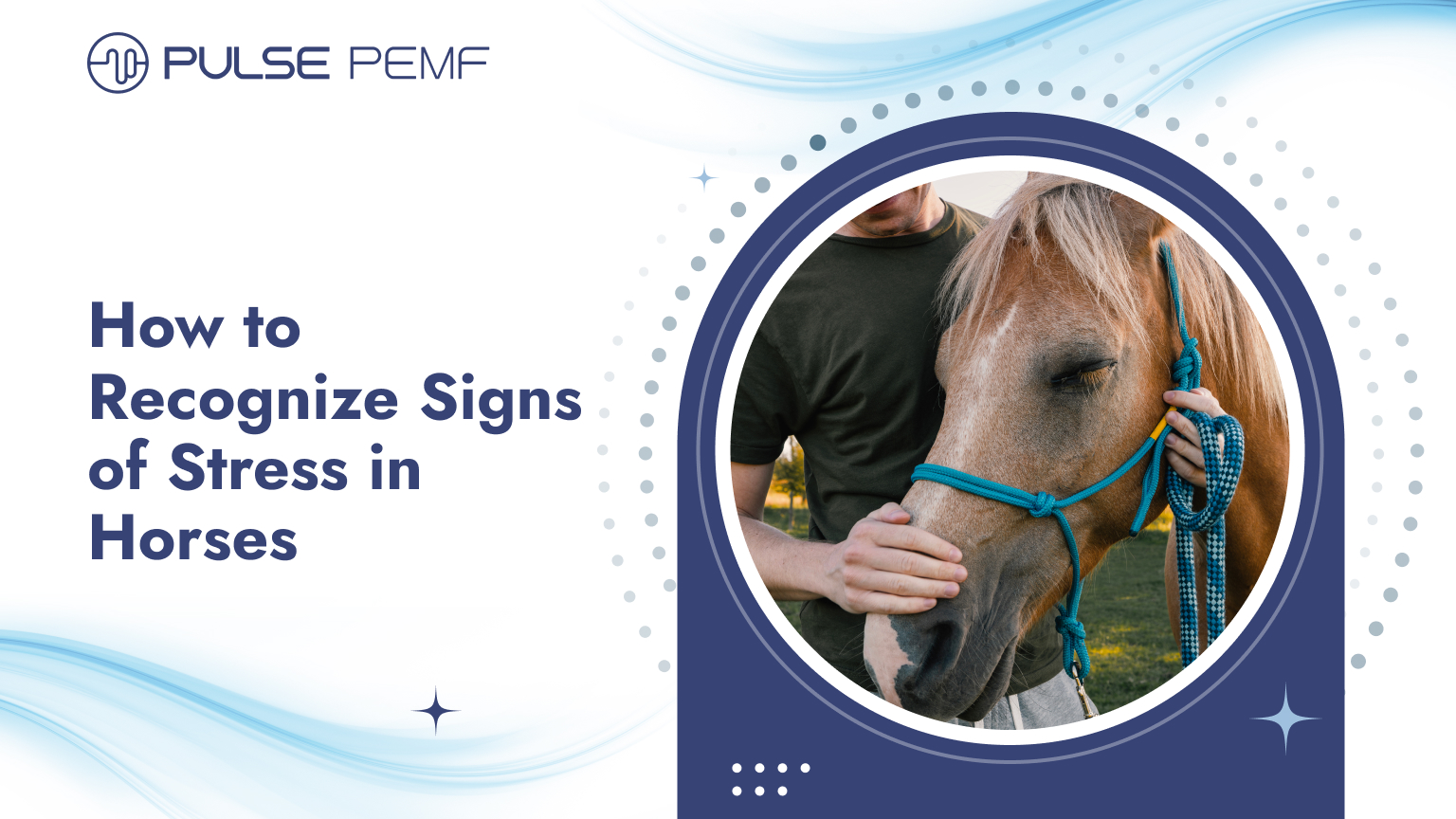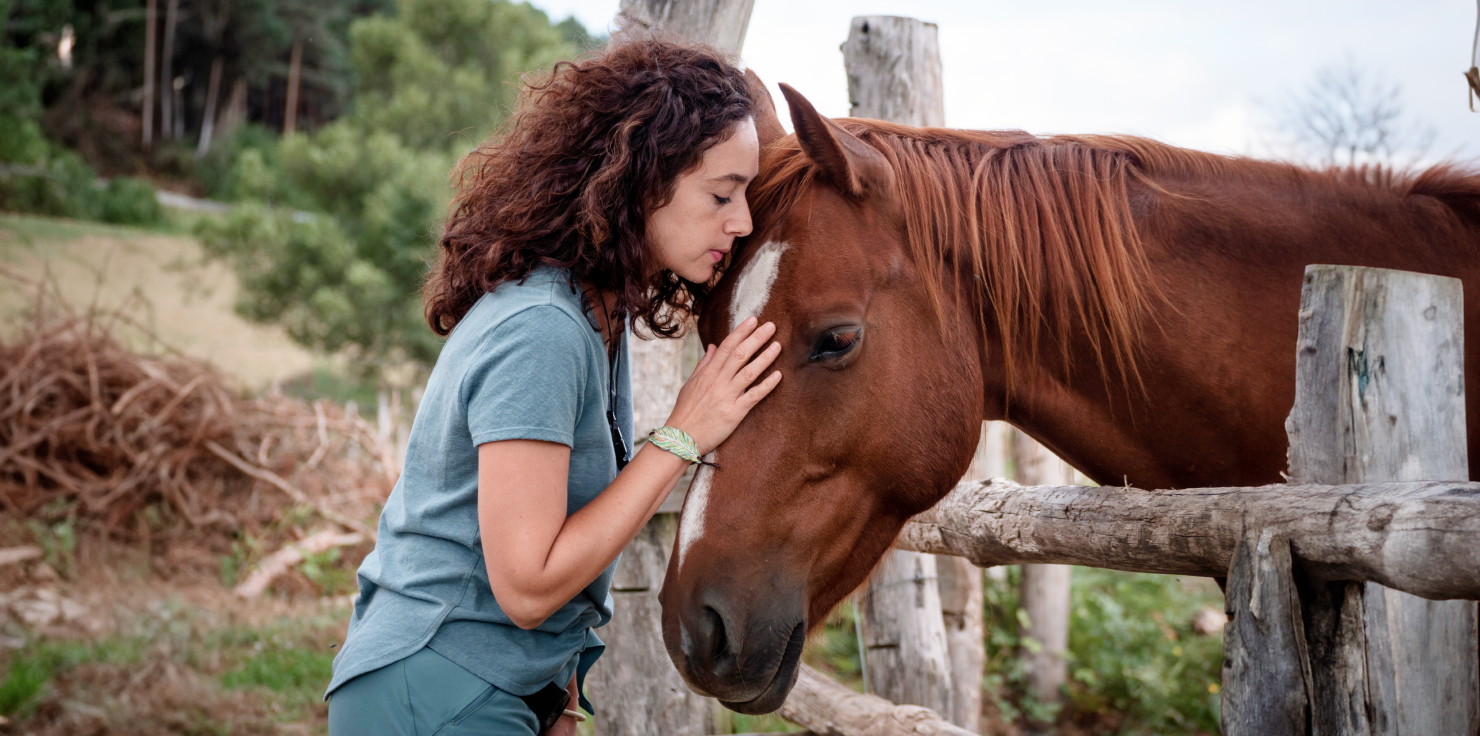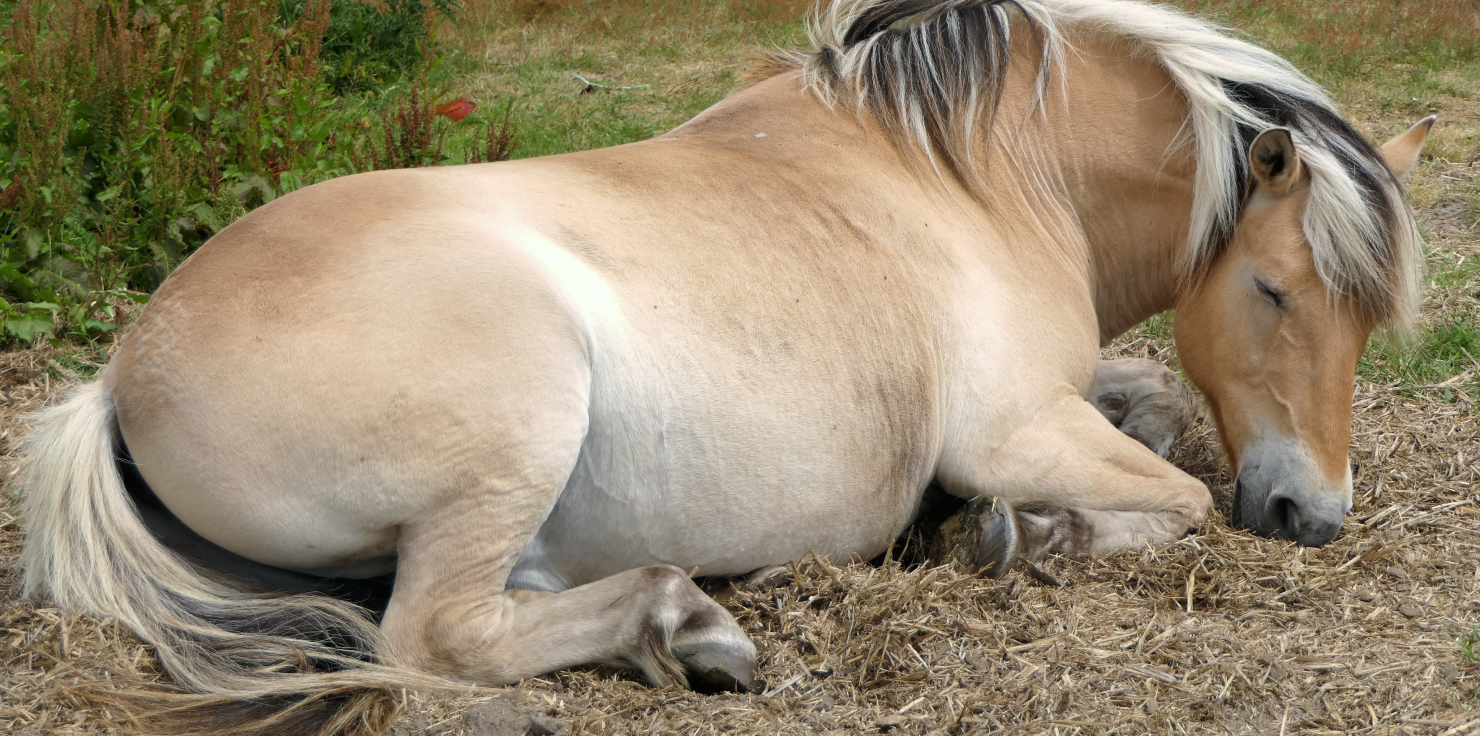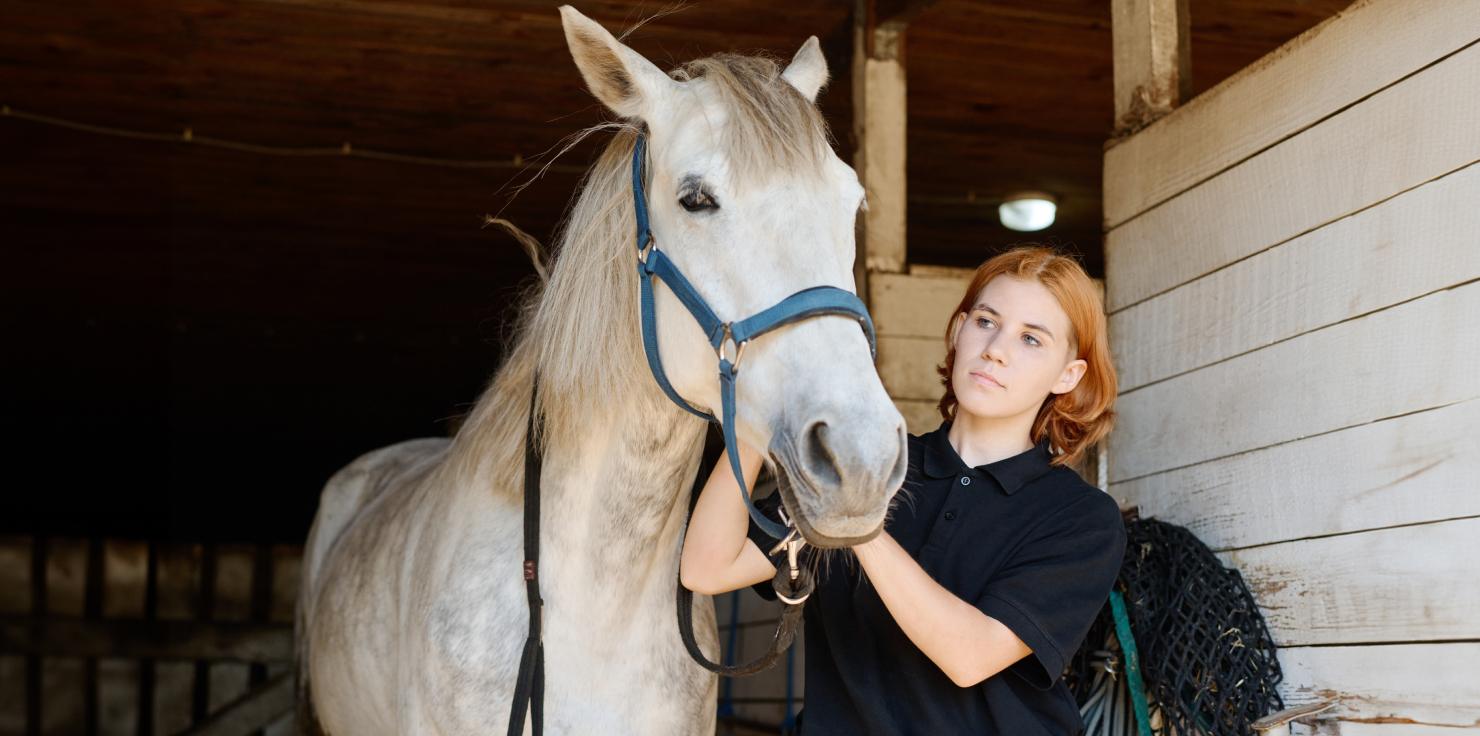Horses, like humans, can experience stress due to changes in their environment, routine, or health. Recognizing the early signs of stress is crucial for ensuring timely intervention and providing the necessary care. By understanding how horses express stress, you can address the underlying causes and help them maintain their well-being.
This blog post will explore common signs of stress in horses, enabling you to identify potential issues and take appropriate action. Let’s delve into the world of equine stress and learn how to support our beloved horses during challenging times.
Physical Signs of Stress in Horses
Changes in Appetite
When horses are stressed, their eating habits may change. They may eat less or refuse food altogether. Additionally, changes in water consumption and weight loss can also be signs of stress.
Increased Respiratory Rate
A higher-than-normal breathing rate, even during rest periods, can be a sign of stress. Pay attention to your horse’s breathing patterns and look for signs of heavy or labored breathing.
Sweating or Trembling
Unexplained sweating, especially when a horse hasn’t been physically active, can be a sign of stress. Horses may also tremble or shake due to heightened anxiety.
Behavioral Signs of Stress in Horses
Restlessness and Pacing
Horses experiencing stress may exhibit restlessness and pacing behaviors. They may repeatedly pace back and forth in their stall or circle around the pasture. Additionally, they may become more agitated and fidgety in new or uncomfortable environments.
Tail Swishing and Ear Pinning
Horses use body language to communicate their emotional state. Tail swishing and ear pinning are common signs of frustration or anxiety. Pay attention to your horse’s body language to pick up on these subtle cues.
Aggression or Withdrawn Behavior
Stress can cause horses to exhibit aggressive behavior, such as biting or kicking. They may also become withdrawn and avoid interaction. If you notice a significant change in your horse’s behavior, it could be a sign of underlying stress or anxiety.
Changes in Routine Behavior
Altered Sleeping Patterns
Stress can disrupt a horse’s sleep patterns, leading to difficulty falling asleep or staying asleep. This can result in a tired and lethargic horse. Additionally, your horse may become restless during the night or sleep more than usual.
Reduced Performance
A stressed horse may experience a decline in performance. They may refuse to follow commands, appear distracted, or struggle to maintain focus during training or competitions.
Horses experiencing stress may also be less enthusiastic about their usual activities. They may resist going for rides, playing in the pasture, or engaging in other activities they typically enjoy.
Environmental and Situational Triggers
Changes in Routine or Environment
Horses are creatures of habit, and any significant changes in their routine or environment can be stressful. Moving to a new stable, traveling to competitions, or altering feeding and turnout schedules can all contribute to stress.
Social interactions can also be a source of stress for horses. Introducing new horses into a group or separating companions can disrupt the social hierarchy and cause anxiety.
Illness or Injury
Underlying health issues, including pain or discomfort from injury or illness, can be a significant source of stress for horses. It’s important to monitor your horse for signs of lameness or other physical discomforts that may be contributing to their stress.
Managing and Reducing Stress in Horses
Establishing a Consistent Routine
Horses thrive on routine. Maintaining a consistent feeding, turnout, and exercise schedule can help reduce stress and anxiety. A predictable routine provides a sense of security and stability for horses.
Providing a Calm Environment
Create a peaceful and stress-free environment for your horse. Ensure they have adequate space to graze, move around, and socialize with other horses. A calm and comfortable environment can help reduce stress and promote overall well-being.
Consider a PEMF session
Pulsed Electromagnetic Field (PEMF) therapy can be a valuable tool for helping to manage stress in horses. By supporting optimal cellular function, PEMF therapy may help reduce muscle tension, improve recovery, and promote relaxation. If your horse is exhibiting signs of stress and doesn’t have any underlying health conditions, consider trying a PEMF therapy session.
You can learn more about the power of PEMF therapy for equine health through our many blogs and educational resources.
Conclusion
By recognizing the early signs of stress in your horse, you can take proactive steps to address the underlying causes and provide the necessary support. Early intervention can help prevent stress from escalating and negatively impacting your horse’s health and behavior.
If you’re concerned about your horse’s stress levels, consult with an equine veterinarian or behaviorist for personalized advice. They can help you identify the specific triggers of stress and develop strategies to manage it effectively.
Remember, a stress-free horse is a happy and healthy horse!















